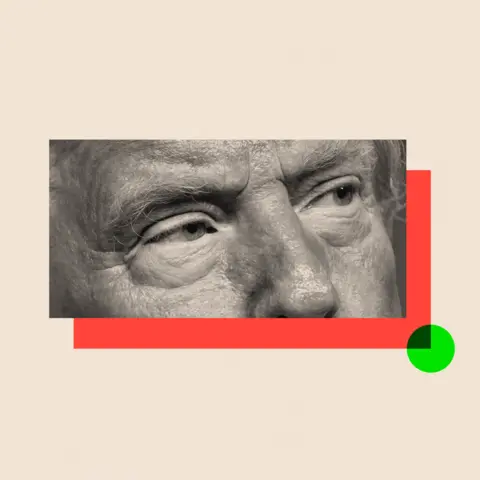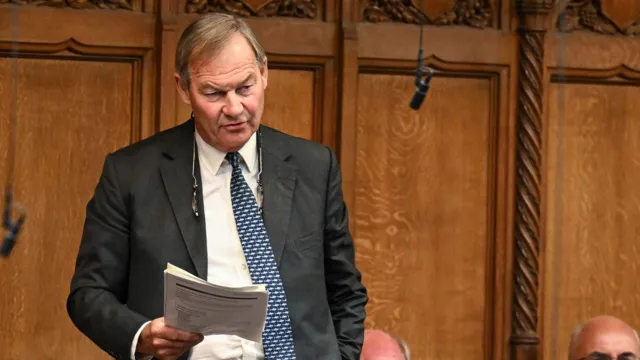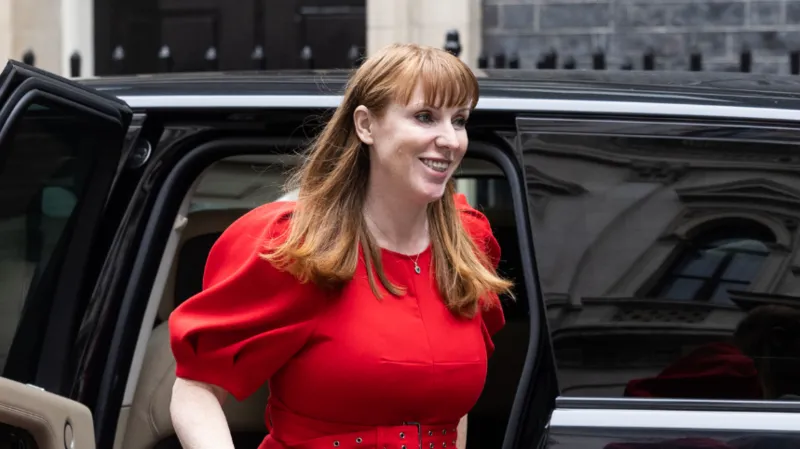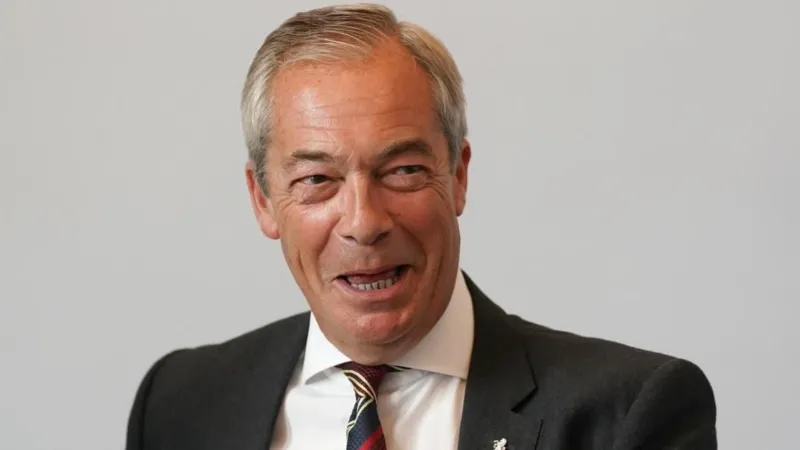Trump’s NATO Stance: A New Era of Transatlantic Relations?
Recent events suggest a potential seismic shift in transatlantic relations, as former President Donald Trump’s past rhetoric and current geopolitical maneuvers hint at a redefinition of NATO’s role and the United States’ commitment to European security. Leaked messages have revealed candid conversations, including comments from JD Vance suggesting the U.S. might no longer be the sole guarantor of European security, and Pete Hegseth’s labeling of European leaders as “freeloaders.” These sentiments, if indicative of a future policy direction, could profoundly alter the security landscape for Europe.
Historically, figures like Richard Nixon and Henry Kissinger conferred aboard Air Force One, emphasizing the crucial dialogue and strategic alignment between the U.S. and its European allies. The image of them in Brussels in 1973, during NATO talks, underscores a period of deep cooperation. However, the current climate, marked by Trump’s “America First” approach and his direct engagement with leaders like Dutch Prime Minister Mark Rutte at the NATO summit in The Hague in June 2025, signals a departure from traditional diplomatic norms.
During the summit, Trump and Rutte were seen laughing, a moment that could be interpreted in various ways, from a display of personal rapport to a strategic maneuvering in the face of evolving global challenges. The ongoing discussions, often characterized by sharp pronouncements and unconventional diplomacy, have left many observers questioning the future stability of the alliance. The image of a tense exchange in the Oval Office involving Zelensky, Trump, and Vance further highlights the complexities and potential friction points within these high-stakes discussions.
The global ramifications of these potential policy shifts are immense. Trump’s announcement of a ceasefire between Israel and Iran, met with celebrations in Beirut, illustrates the potential for unilateral actions to have far-reaching and unpredictable consequences across different regions. Similarly, his interactions with European leaders, such as Friedrich Merz at the NATO summit, underscore the direct impact of his diplomatic style on international relations.
The overarching question remains: what will be the enduring legacy of this period? Will it usher in a new, more transactional era of international alliances, or will the foundational principles of collective security and mutual defense that have defined NATO for decades ultimately prevail? The coming months will be critical in shaping the future of transatlantic partnerships and global security architecture.




Post Comment